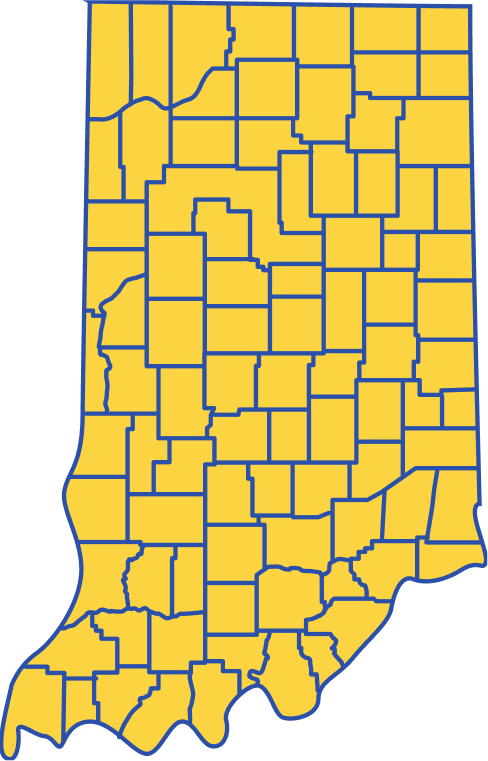Let’s be honest, figuring out how to get help at home for a loved one isn’t something most people are prepared for. It usually comes up during a hard moment: after a fall, a new diagnosis, or just realizing that everyday tasks are getting too hard. Suddenly, you’re looking at agencies and programs you’ve never heard of, trying to figure out what’s real and what’s just good marketing.
So, where do you start?
Here’s what families often ask us and what we tell them.
“What kind of help is even available?”
That depends. Some folks need a hand getting dressed or making meals. Others might need full-time care for a child with complex medical conditions. You could be caring for someone in the end-of-life stage. Or maybe you’re doing it all yourself and wondering if you’re eligible for any kind of support.
Services at home can include:
- Basic help with daily routines
- Skilled nursing care for children through GAPP
- In-home ABA therapy for children on the autism spectrum
- Support for family caregivers through programs like Structured Family Caregiving
- End-of-life care that happens at home, not in a facility
Not sure what applies to your family? That’s normal. You don’t have to figure it out on your own.
“How do I know who’s legit?”
Here’s a red flag: if a place can’t clearly explain how they’re licensed, what programs they work with, or how they choose caregivers, move on.
In Georgia, agencies offering Medicaid-funded services need to be approved by the Department of Community Health (DCH). For something like Structured Family Caregiving, you can’t just sign up and start receiving support. You have to enroll through an approved provider not Medicaid directly. The agency helps coordinate services, makes sure you meet the criteria, and walks you through the paperwork.
Caregivers in the SFC program must:
- Live in the same home as the person they’re caring for
- Be related (by blood or marriage)
- Be at least 18
- Not have another job
- Pass a background check
- Complete training through the agency
Also important: caregivers are not employees of the provider and do not receive traditional employment benefits. The weekly stipend is based on the care recipient’s needs and is issued through the approved provider, not Medicaid itself.
This stuff matters. Agencies should be upfront about it.
“Is the care any good?”
Ask around. Ask how caregivers are chosen. Ask what happens if someone doesn’t show up. Ask who checks in once care begins.
Some agencies just assign whoever’s available. Others actually try to find the right match — someone with the right experience, language, or even personality. A good agency will have a nurse or supervisor involved in the case, checking in regularly and updating care plans when needed.
If an agency makes you feel like you’re asking too many questions, that’s a sign.
“Will this cost me a ton?”
It depends on what kind of care is needed and what the person receiving care qualifies for. Whether it’s Medicaid, Medicare, private insurance, or private pay, costs will vary.
Programs like SOURCE, CCSP, and GAPP may help cover a wide range of services, including skilled nursing and personal care. End-of-life care at home is often covered by Medicare, Medicaid, or private insurance.
If you’re caring for a loved one and aren’t sure what support is available, it’s worth having a conversation. There’s often more help than people realize, it just takes some navigating.
“How do I feel about them?”
Sometimes, this is what it comes down to. You can tell when someone is rushing you. Or when they actually listen. You want to talk to someone who takes time to understand your situation not just someone reading from a script.
If you’re juggling care, work, or stress, you deserve clear answers. Not pressure. A decent provider will understand that and act accordingly.
Final Thought
You don’t need to know every rule or program name. That’s what a good agency is there for. But you do need to feel like the people you’re trusting are in your corner.
If you’re in Georgia or Indiana and considering care at home, for a parent, a child, a spouse, or even yourself, ask questions. Take notes. Trust your gut.
And take your time. It’s a big decision. You don’t need to rush it.
Need someone to talk it through with?
We’re here — not just to explain programs, but to help you figure out what fits your life.
Disclaimer: This material is for advertising and marketing purposes only and does not create any entitlement to services or benefits. Participation is not guaranteed. Interested individuals should contact PCHC for more information about eligibility.





